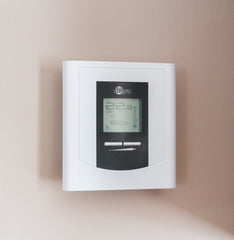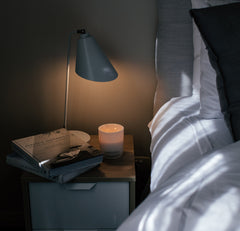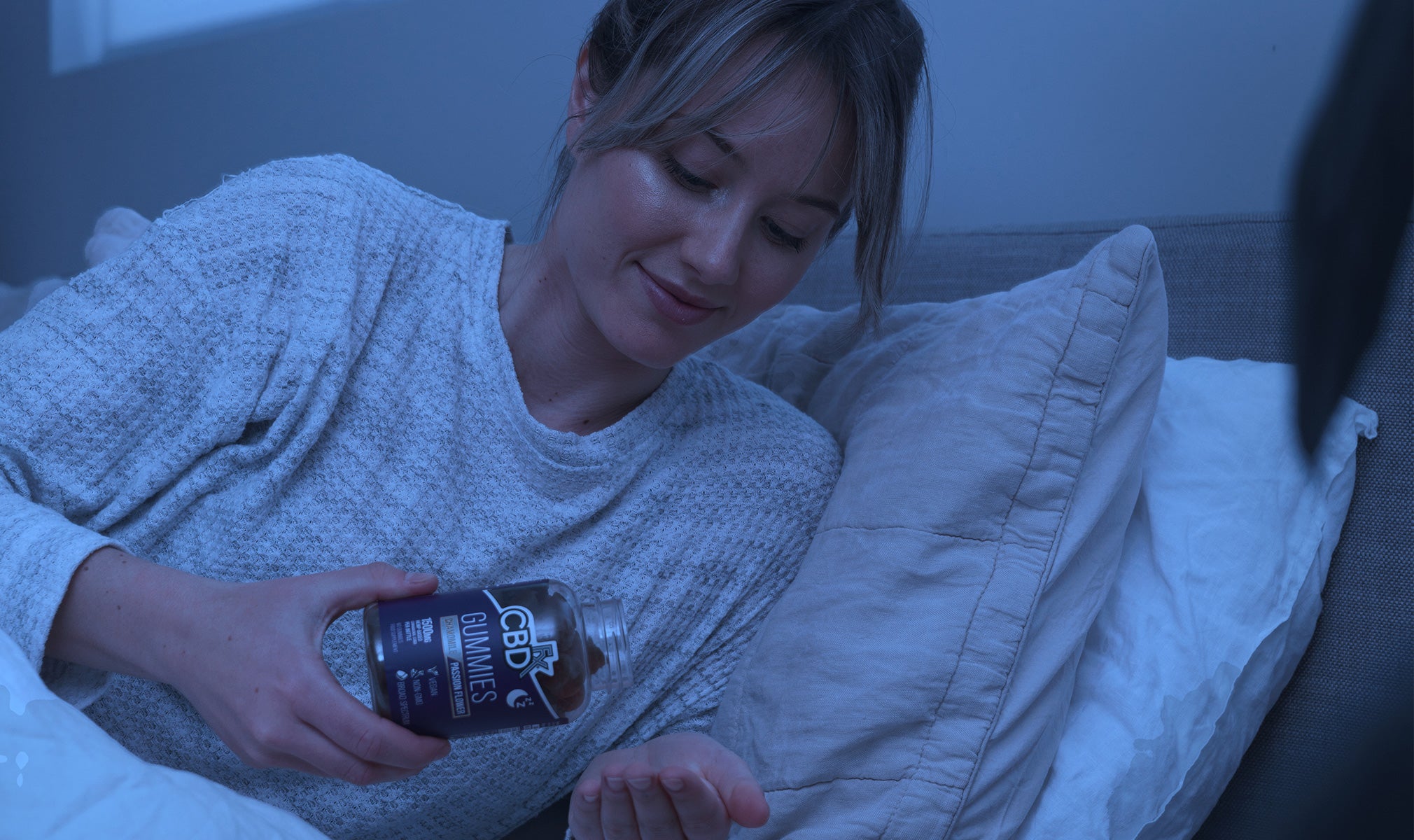Have your sleep patterns been disrupted by a changing schedule, jet lag, insomnia, or stress? Even a few nights of interrupted sleep can wreak havoc on our bodies, minds, and emotions.
How do we know when it’s time to reset our sleep patterns, and how do we do it?
It’s all about resetting our internal clocks. Our bodies keep track of when to sleep and wake with our circadian rhythms. When our rhythm gets off and our sleep suffers, our physical and mental health begin to suffer as well.
What Is Circadian Rhythm?
Our bodies are incredible machines.
Our respiratory and circulatory systems run like clockwork with no conscious effort on our part. Our bodies simply run. It’s easy to take that for granted until things break down.
Each of us has an internal 24-hour body clock that is controlled by our brain. This is how our bodies process and regulate everything from digestion to sleep.
Our circadian rhythm is the part of the clock that tells us when to sleep and when to wake. It’s intrinsically linked to day and night, which is why shift work and travel are so disruptive to our sleep patterns.
So, what are some signs that you need to get your circadian rhythms back on track?
How Do You Feel?

The side effects of poor sleep are vast, and range from difficulty concentrating to memory problems and even digestive issues.
Sometimes, it’s obvious that our sleep patterns need rearranging. Jetlag, moving from day to night shifts, and chronic insomnia are messages we receive loud and clear.
But what about more subtle indications?
If you’re feeling excessively sleepy throughout the day, having trouble keeping your mind on a task, or feeling more anxious than usual, it’s time to look at your sleep patterns.
Lack of sleep can make you more prone to illness and accidents. If you’re overtired, irritable, and exhausted, it’s time to reexamine your sleep habits and find a healthy way to reset your circadian rhythms.
Talk to Your Doctor
This is always the first step. Anything regarding your mental and physical health should be discussed with your physician. They can recommend safe supplements, activities, and strategies to tackle sleeplessness and off-kilter sleep patterns. It could be the case that you have a sleep disorder that requires a doctor’s supervision.
Circadian rhythm disorders and conditions like sleep apnea are serious health issues that can lead to more conditions if not treated properly.
Establish a Routine
If your sleep schedule has changed due to work or travel, it’s important to establish a new routine as quickly as you can.
By going to bed and getting up at consistent times, you reinforce your body’s ability to establish a stable circadian rhythm.
Try to maintain a consistent sleeping and waking schedule for the entire week — even weekends. Avoid sleeping in or staying up for more than two hours past your set time.
All of this gives your body an opportunity to recognise and reinforce a new pattern.
Consider Supplements
All this talk of setting schedules is well and good, but what happens when the lights are finally off and you’re just … lying there?
Getting to sleep and staying asleep are the big challenges. Exercise, nutrition, and environmental issues are important factors when it comes to how quickly we fall asleep and how well we stay asleep.
If you need help and want to avoid prescriptions, consider natural options. Ingredients like chamomile, valerian, and lavender are popular in herbal teas and supplements formulated to help you rest.
CBD gummies for sleep combine the benefits of CBD with chamomile, lemon balm and passion flower for the perfect treat to ease you into a restful evening.
Exercise at the Right Times
Daily exercise is as crucial to good rest as it is to overall physical health.
It’s important to get up and move every day to reset and reinforce your sleep patterns. Your circadian rhythms are closely integrated with all of your body’s systems and functions. Exercise helps your body produce melatonin, and resets the biological clock of your muscles.
However, it’s also important that you don’t exercise too close to bedtime. Try to give yourself at least an hour between exercise and bedtime to give your endorphins and body temperature time to settle.
Keep Cool

Temperature plays a surprisingly important role in our sleep patterns.
Our body temperature peaks late in the day and cools as we move toward sleep time. Having a cool bedroom is key to signaling to your body that it’s time for sleep.
A bedroom temperature of 16–18°C is considered neither too cool nor too warm — it’s the Goldilocks zone.
Seek Out the Sun
Sunlight is a vital messenger to our circadian rhythms. This is a primal connection our bodies have to nature.
Morning sunlight can have an incredible impact on the quality of our sleep. Exposing our eyes to 30–45 minutes of sun in the mornings helps our systems regulate body temperature, cortisol production and sleep patterns.
You may have heard of the use of light therapy, or phototherapy, for seasonal affective disorder and depression, but it’s also a common tool for regulating circadian rhythm and battling insomnia.
Dim the Lights Before Bed

So much about sleep is dictated by light because of our intrinsic circadian connection to day and night.
Our sleep patterns are most sensitive to light for two hours before bedtime and about an hour after waking.
If you want to get to sleep at a certain time, try dimming the lights for two hours before bedtime. On the other hand, if you find yourself getting too sleepy too early, brighten the lights for a bit.
Move Away From the Blue Light
Blue light from our phone and computer screens is incredibly disruptive to sleep. This light also comes from our TVs and even those energy-efficient light bulbs.
Turn off those blue light emitting electronics at least an hour before bed, and make your bedroom nice and dark. Darkness actually stimulates the release of melatonin.
There are so many factors that come into play when it comes to getting good rest. After consulting with your doctor to rule out circadian rhythm disorders or sleep apnea, consider some handy sleep hacks to help get your patterns back in line.
Need help getting your sleep patterns on track? Try our CBD Gummies for Sleep!






